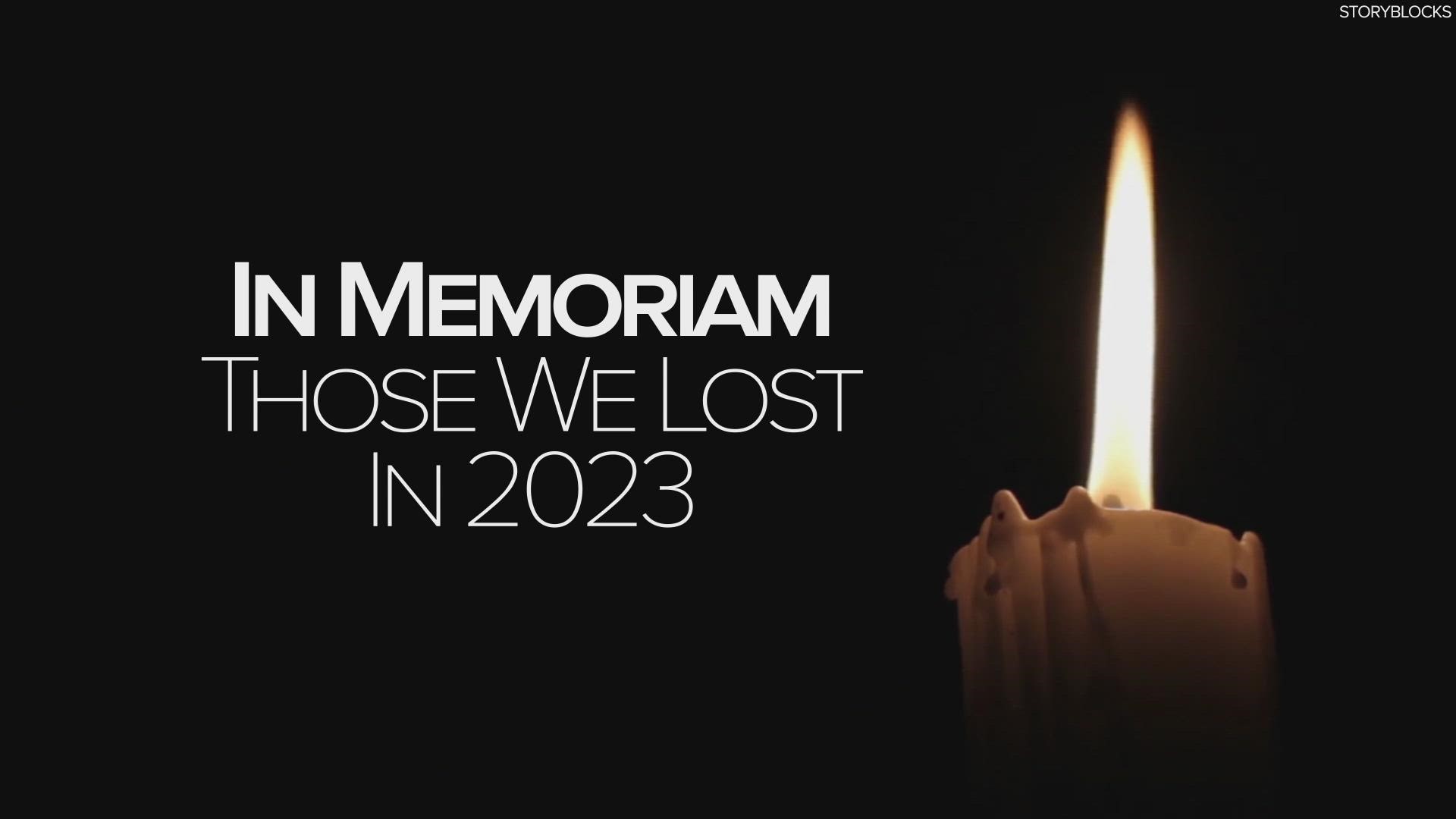WASHINGTON — A NASCAR legend has died. Hall of Fame driver Cale Yarborough, the first driver to win three consecutive series championships, died at 84, NASCAR announced on social media.
Yarborough is tied for sixth on the all-time wins list with 83, placing him alongside Jimmie Johnson in the rankings.
In a statement posted to social media, NASCAR chairman and CEO Jim France praised Yarborough as one of the most accomplished racers in the sport.
“Cale Yarborough was one of the toughest competitors NASCAR has ever seen," France wrote. "His combination of talent, grit and determination separated Cale from his peers, both on the track and in the record book. He was respected and admired by competitors and fans alike and was as comfortable behind the wheel of a tractor as he was behind the wheel of a stock car. On behalf of the France family and NASCAR, I offer my deepest condolences to the family and friends of Cale Yarborough.”
Yarborough was a four-time winner of the Daytona 500, and a five-time winner on the Southern 500 over his 31-year career, racking up 560 races over the decades. Yarborough's first race was the 1957 Southern 500.
The height of his career was from 1976 to 1978, when he won three Cup Series titles in a row, cementing him as one of the all-time greats in racing. Even now, more than 40 years later, only Jimmie Johnson — whom he is also tied in all-time wins with — has claimed more titles in a row. Johnson won five straight crowns from 2006 to 2010.
Yarborough is also infamous for his involvement in a defining moment for NASCAR in the 70s: In the final lap of the 1979 Daytona 500, he was dueling Donnie Allison for the lead when they bumped each other and crashed, allowing Richard Petty to speed by and claim the victory.
After the race, Yarborough got into a fight with Donnie and Bobby Allison, who had stopped to check on his brother at the scene of the crash.
It was, incidentally, the first NASCAR 500-mile race to be broadcast in its entirety on live television, and the fight was caught by the cameras. That confrontation, and the neck-and-neck race that led up to it, are credited with jump-starting the mass growth of NASCAR.

